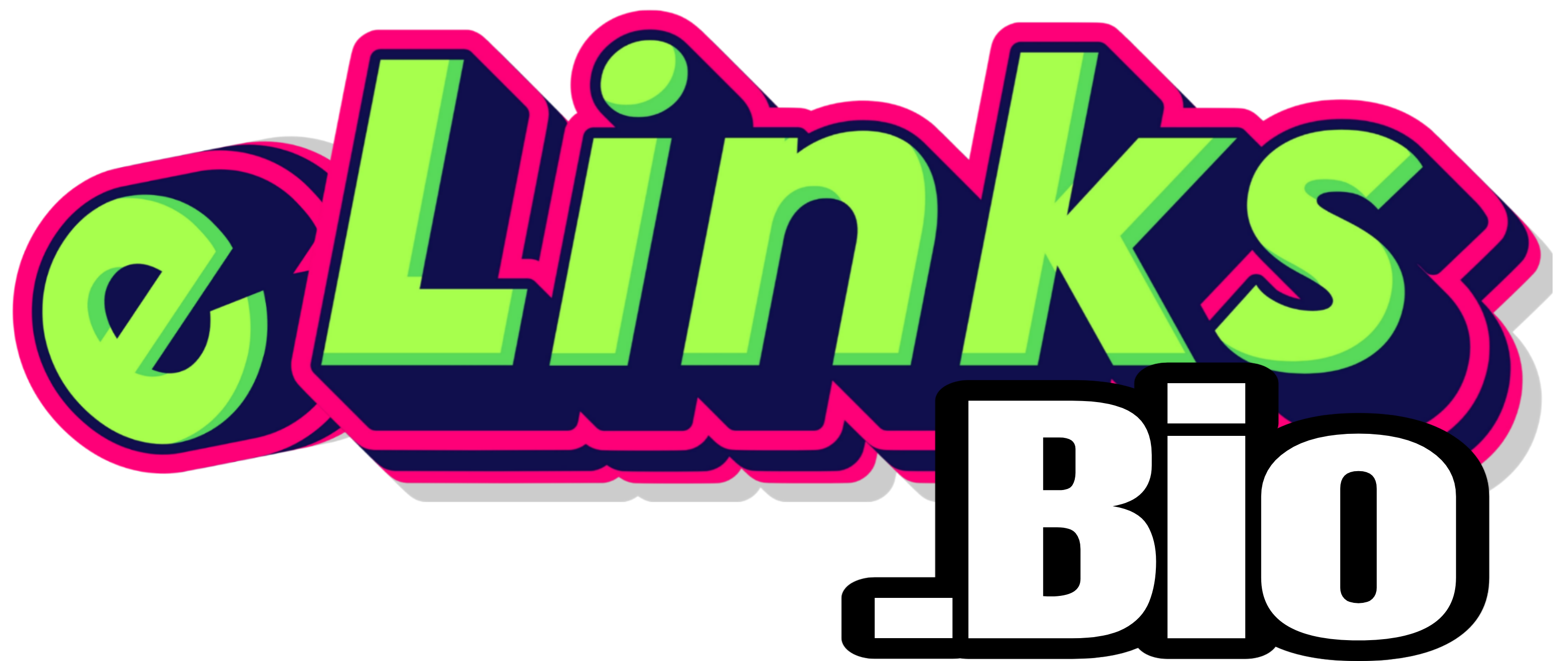Testosterone: What It Is and How It Affects Your Health
Testosterone is a hormone primarily produced in the testicles of males. It plays a crucial role in various bodily functions, including muscle growth, bone density, energy levels, and overall health. While it is most well-known for its effects in men, women also produce small amounts of testosterone, though typically at lower levels.
What Does Testosterone Do?
Testosterone serves multiple functions in the body:
- Muscle Growth: It stimulates muscle protein synthesis and helps in building lean muscle mass.
- It contributes to bone density and strength.
- Energy Levels: Testosterone influences metabolism, which can affect energy levels and stamina.
- Sexual Function: It plays a key role in libido, sexual performance, and fertility.
Testosterone and Women
Did You Know?
- Testosterone can be suppressed by factors like obesity, stress, lack of sleep, and certain medications.
- Hormone Replacement Therapy (HRT) is sometimes used to address issues related to low testosterone in both men and women.
Can You Have Too Much Testosterone?
Excessively high levels of testosterone, known as hypernatremia or hypogonadism, can lead to serious health complications. Symptoms include:
- Acne: High levels can cause breakouts and oily skin.
- Hair Loss: Excessive DHT (a derivative of testosterone) can lead to male pattern baldness in both men and women.
- Heart Issues: High testosterone levels have been linked to an increased risk of cardiovascular problems, such as heart attack and stroke.
- Mental Health Issues: High testosterone may contribute to mood swings, irritability, or aggressive behavior.
Can You Have Too Little Testosterone?
Low testosterone levels, or hypogonadism, can result in severe health issues. Symptoms include:
- Fatigue: Persistent tiredness and low energy levels.
- Muscle Wasting: Loss of muscle mass and strength, especially in older adults.
- Low Sex Drive: Reduced libido and sexual dysfunction.
- Bone Density Loss: Lower bone density can lead to osteoporosis.
Diseases and Conditions That Affect Testosterone
- Hypogonadism: A condition where the body does not produce enough testosterone.
- Hypergonadotropinemia: Excessively high levels of hormones that stimulate the ovaries or testes.
- Obesity: High body fat can impair testosterone production and lead to Testosterone Deficiency Syndrome (TOS).
- Diabetes: High blood sugar levels can damage nerve fibers and affect testosterone function.
Testosterone Therapy
While testosterone therapy can be beneficial for individuals with low testosterone, it is not without risks. Potential side effects include:
- Acne: Breakouts or oily skin.
- Heart Issues: Increased risk of heart disease in some patients.
- Mood Swings: Symptoms of agitation or irritability.
- Dizziness and Headaches: Possible side effects from the medication.
What Are the Risks of Testosterone Therapy?
The risks associated with testosterone therapy vary depending on the individual and the underlying cause of low testosterone. Consulting a healthcare professional is crucial to determine if the benefits outweigh the potential risks.
The Bottom Line
Testosterone is a vital hormone with numerous roles in maintaining health and well-being. While excessive or deficient levels can lead to serious issues, proper testing and treatment under medical supervision can help manage these conditions. Always consult a healthcare professional before considering any form of hormone therapy.
About the Reviewer
John M. Miller is a registered nurse with over 25 years of experience in endocrinology and diabetes care. He has written extensively on hormonal health and its impact on overall well-being.
Disclaimer: The information provided in this article is for educational purposes only and is not a substitute for professional medical advice. Always consult a healthcare provider for diagnosis and treatment.
Related Content
-
-
-
Free Healthbeat Signup
-
-
References: https://jbhnews.com .
